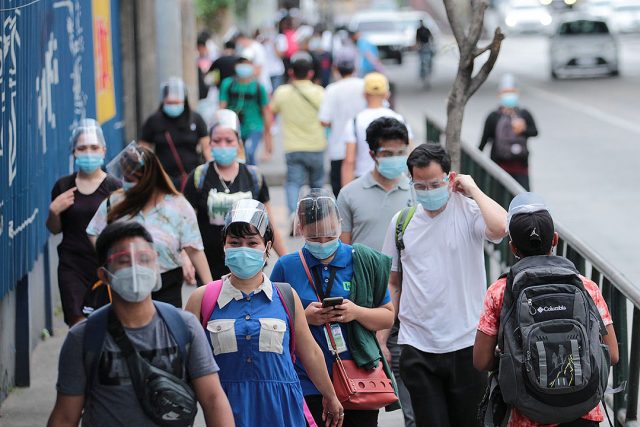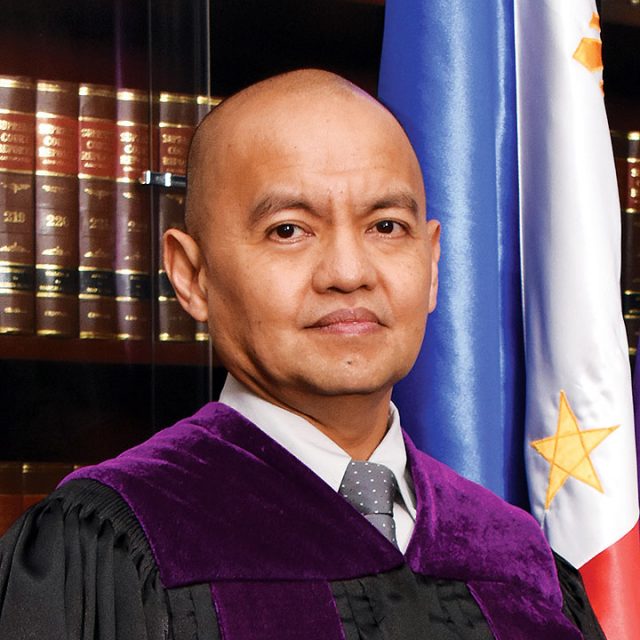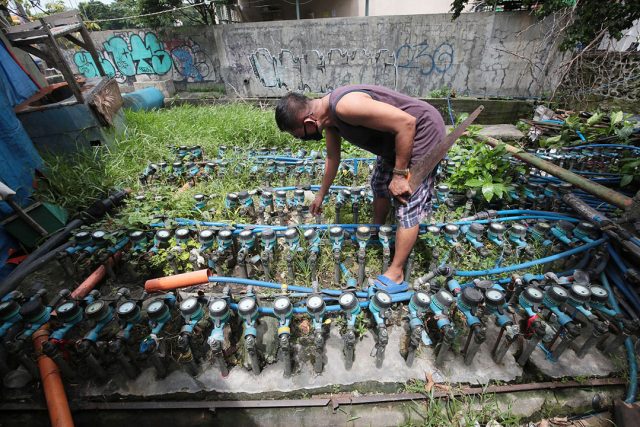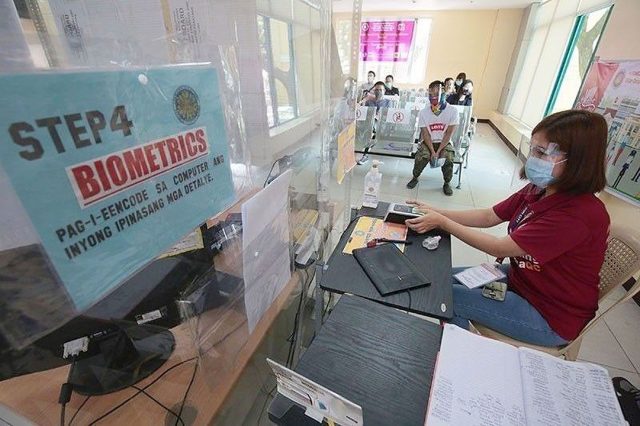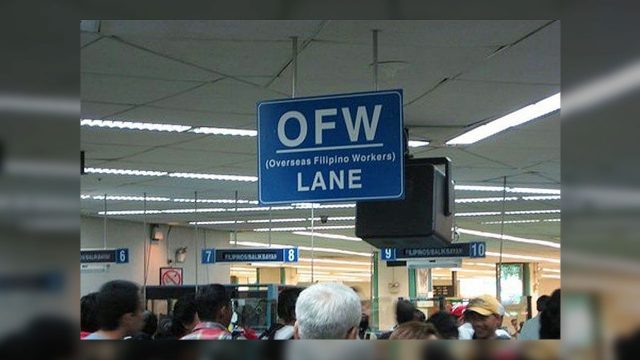By Kyle Aristophere T. Atienza, Reporter
CORONAVIRUS infections in the Philippines crossed the two-million mark after the Health department reported 14,216 more cases on Wednesday.
The country’s death toll rose to 33,533 after 86 more patients died, while recoveries increased by 18,754 to 1.83 million, the Department of Health (DoH) said in a bulletin.
There were 140,949 active cases, 96.1% of which were mild, 1.1% did not show symptoms, 1.2% were severe, 1.03% were moderate and 0.6% were critical.
The agency said 118 duplicates had been removed from the tally, 91 of which were tagged as recoveries and one as a death, while 37 recoveries were reclassified as deaths. Five laboratories did not submit data on Aug. 30.
The country’s coronavirus situation was unlikely to improve if the government fails to improve its pandemic response, said health expert Antonio C. Leachon, who used to be a member of an inter-agency task force against the coronavirus.
The country may soon become the virus epicenter in Southeast Asia, he told the ABS-CBN News. “The healthcare system will soon collapse if we will not be able to control it.”
Coronavirus infections in the country may increase to 25,000 in the coming days, Mr. Leachon said on Tuesday, citing projections by health experts.
“If this will be unabated until September, this may actually rise to around 30,000,” he added.
Mr. Leachon tweeted separately that the government should enforce a hard lockdown for at least two weeks to contain a fresh spike in infections believed to be triggered by a more contagious Delta variant.
The World Health Organization on Tuesday said the Delta coronavirus variant was roaming freely in the country. Health Undersecretary Maria Rosario S. Vergeire said the variant first detected in India was present in 17 regions except the Bangsamoro region.
Mr. Leachon also urged the government to conduct at least 100,000 coronavirus tests daily and improve contact-tracing efforts.
He urged health authorities to “revisit the vaccine inventory” to determine whether the country’s coronavirus vaccines are effective against the Delta variant and other emerging strains.
Nina G. Gloriani, chief of the Science and Technology department’s vaccine development panel, told a televised news briefing on Wednesday the government would conduct a study this month on whether fully vaccinated people should get booster shots.
Health Secretary Francisco T. Duque III said the Department of Budget and Management cut the Health department’s proposed P104-billion budget for booster shots next year to P45 billion.
The budget for the booster shots would only be funded if the government could raise enough money for it, he told congressmen at a hearing.
At the same briefing, Health Undersecretary Mario C. Villaverde said the budget had been placed under unprogrammed funds because the government had yet to approve the use of booster shots.
Mr. Duque said DoH, which is seeking a P242.22-billion budget for next year, had set aside P8.58 billion for the country’s national immunization program.
About 33.71 million doses of coronavirus vaccines had been given out as of Aug. 31, 19.75 million of which were first doses, presidential spokesman Herminio L. Roque, Jr. told a televised news briefing.
The Philippines would receive about 25 million more doses of coronavirus vaccines this month, he added.
The corruption scandals hounding the Philippine pandemic response and the discontent among health workers could worsen the country’s coronavirus situation, Mr. Leachon said.
“I’m calling this a perfect storm,” he said, adding that the state must address the problem before it deteriorates.
NO BIDDING
A Senate committee is investigating the government for buying overpriced medical goods from Pharmally Pharmaceutical Corp., a subsidiary of Taiwan-based Pharmally International, at the start of the pandemic last year.
President Rodrigo R. Duterte on Monday defended his former economic adviser Michael Yang after the Chinese businessman, who had been linked to the country’s illegal drug trade, was implicated in the issue.
Senator Richard J. Gordon played a video from state media at a Senate blue ribbon committee hearing last week that showed Mr. Yang introducing officials of Pharmally International to Mr. Duterte in March 2017.
Mr. Roque said the government had picked Pharmally, which bagged about P8.68 billion worth of pandemic deals, because it had offered good prices.
“They looked at the price and quality,” he said in Filipino. “The price is what matters, whoever you are.”
Despite being a small company with a poor track record, Pharmally managed to deliver, he added.
Mr. Roque said Pharmally might have been flagged by the government if an emergency procurement had not been allowed by the country’s first pandemic law.
“This was procured under Bayanihan I,” he said, referring to the country’s first stimulus package. “Maybe if it was regular bidding, there would be disqualification on the basis of requirements on how big the company has to be.”
Mr. Duterte earlier said he had ordered the Health department to skip the public bidding for personal protective equipment orders last year.
The President’s order to buy the goods in two to three days shocked officials involved in the pandemic response, vaccine czar Carlito G. Galvez, Jr. said at the same briefing, adding that they had sought the Chinese Embassy’s help.
Senator María Imelda Josefa “Imee” R. Marcos earlier said leaders of Pharmally “have active criminal cases in Taiwan” for alleged manipulation of stocks.
She said Mr. Yang “appears to be the go-to powerbroker in the Philippines for Chinese politicians and businessmen looking for smooth transactions in the country.”
In March 2019, former police official Eduardo P. Acierto accused the President and his former police chief, Ronald M. de la Rosa, of blocking a potential investigation of Mr. Yang’s alleged involvement in the country’s illegal drug trade.
In the same month, the presidential palace said Mr. Yang was no longer an economic adviser of the President since his contract expired in Dec. 2018.



